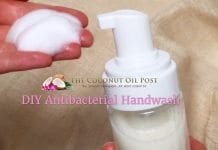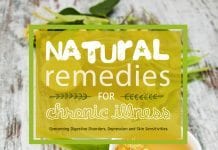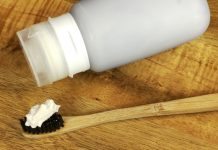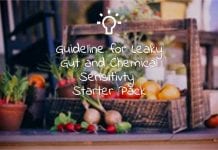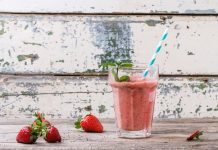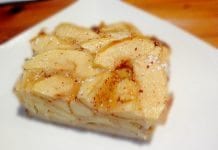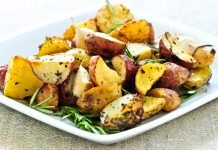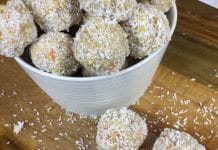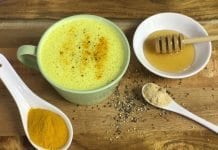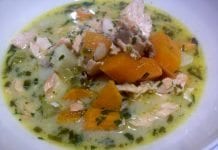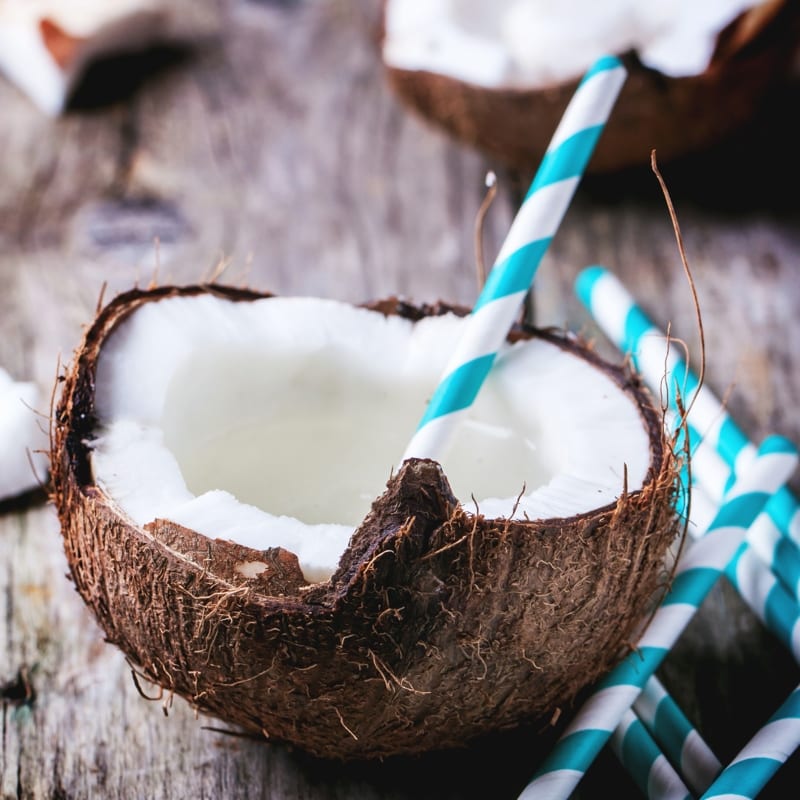More than ever before in history have we needed to start looking for sustainable solutions to prevent and cure illness and disease. Coconut Oil – A natural alternative to antibiotics could be the answer.
Antibiotic resistance has been on the rise for the last few decades but recently has gone to another level. Warnings from the World Health Organisation (WHO) are loud and clear – that common infection may soon be able to kill us. Since the inception of penicillin back in 1928, discovered by Alexander Fleming, the knowledge of antibiotic resistance was already fresh in his mind.
“There is the danger”, he said, “that the ignorant man may easily underdose himself and by exposing his microbes to nonlethal quantities of the drug make them resistant.”
There is no doubt that antibiotics have been life savers. They have provided the medical profession with a drug-based solution to infections that would otherwise take lives, but this confidence in drug based antibiotics both from the medical profession and the public has led to over prescribed and overuse of antibiotics resulting in antibiotic resistance. From an article written in 2011 comes the other fear.
Some people fear there may be worse to come: that a strain of resistant bacterium might start an epidemic for which no treatment was available. Yet despite Fleming’s warning and despite a fair understanding of the causes of resistance and how they could be dealt with, dealing with them has proved elusive. Convenience, laziness, perverse financial incentives and sheer bad luck have conspired to nullify almost every attempt to stop the emergence of resistance.
The other issue of the extended damage of antibiotic overuse is an epidemic of gut disorders. While antibiotics go about killing the bad bugs they also wipe out the good guys. This then imbalance the gut microbiome and wreak havoc on the gut lining and then the immune system leaving us even more defenceless.
Modern Day Dilemma
Years ago before drug based antibiotics, there were natural alternatives that healed and cured disease and illness. However, as life has careened at full pace into the 21st-century changes to our diets, our customs, our work and lifestyles have resulted in society looking for shortcuts and convenience treatments to the plethora of ill health that has arisen rather than to use common sense and respect. The days of using food and herbs such as coconut oil as natural preventatives for illness and disease seem like they have long gone. But the reality is these same natural antibiotics are easily available today and are needed more than ever.
Coconut Oil – A Natural Alternative to Antibiotics
Of all the alternatives that are available and there are many, coconut oil would have to be the number 1 for your medicine chest. Packed full of MCFAs (medium chain fatty acids) and their remarkable ability to kill bacteria, fungi, viruses and parasites, coconut oil can be used both internally and externally without any major side effects. The fatty acids in coconut oil are converted into monoglycerides once ingested which activates the antimicrobial properties.
MCFAs – the key ingredient of Coconut Oil
The 3 main fatty acids in coconut oil are Lauric acid, capric acid and caprylic acid. These become monoglycerides by the names of monolaurin, monocaprylin and monocaprin. The most powerful of these 3 is the monolaurin or Lauric acid. It has the greatest overall antibacterial, antifungal and antiviral effect. The process in which the fatty acids work is by destabilising the membranes of viral and bacterial organisms until it disintegrates, collapses and dies. The process is so effective it can kill even the superbugs like antibiotic-resistant C. difficile.
A long list of medical studies has shown that the MCFAs in Coconut oil can kill the following viruses, bacteria, fungi and parasites.
Bacterial infections:
- Throat and sinus infections
- Urinary Tract Infections
- Pneumonia
- Ear infections
- Rheumatic fever
- Food poisoning
- Dental Cavities and gum disease
- Meningitis
- Gonorrhea
- Pelvic Inflammatory disease
- Genital infections
- Conjunctivitis
- Gastric Ulcers
- Parrot fever
- Septicemia
- Endocarditis
- Enterocolitis
- Atopic dermatitis
Viral Infections:
- Influenza
- Measles
- Herpes
- Mononucleosis
- Chronic Fatigue Syndrome
- Hepatitis C
- AIDS
- SARS
Fungal Infections:
- Ringworm
- Athlete’s foot
- Jock itch
- Candidiasis
- Diaper rash
- Thrush
- Toenail fungus
Parasite Infections:
- Giardiasis
Coconut Oil Feeds our Cells
The most amazing thing about coconut oil is not just that the MCFAs can potentially kill deadly organisms such as HIV but that it won’t kill us. In fact, while it’s killing off the nasties, it’s doing another job of feeding our cells. It nourishes and protects us all at the same time. Human breast milk also contains MCFAs and are designed specifically to protect newborns from infections in their first few months until their immune systems are fully developed. MCFAs even in large quantities can’t really do us any harm but on the contrary, they will boost our immune system, feed our cells and protect and prevent our bodies from being infected. The trick is…..Start now!
Guidelines for using Coconut oil as a natural preventative:
- Incorporate coconut oil into your everyday cooking
- Take 3 tablespoons of coconut oil a day
- Oil pull with coconut oil – it will help to kill off bacteria lodged in the mouth and throat
- Eat a whole foods diet with plenty of coconut ingredients, oil, milk, cream, flesh
Guidelines for using Coconut oil as a natural alternative to antibiotics:
If you come down with symptoms but have not been incorporating coconut oil on a regular basis it may take slightly longer to see results. As soon as you recognise symptoms, began the treatment.
- Take 6 tablespoons of coconut oil a day
- Incorporate coconut oil into your daily cooking
- Oil pull twice a day – especially if you have flu symptoms
- Remove sugars, fruits and grains from your diet (until symptoms subside)
How about you? Do you use coconut oil as a natural antibiotic or remedy for sickness? Leave me a comment or ask a question. Connect with me on facebook.



